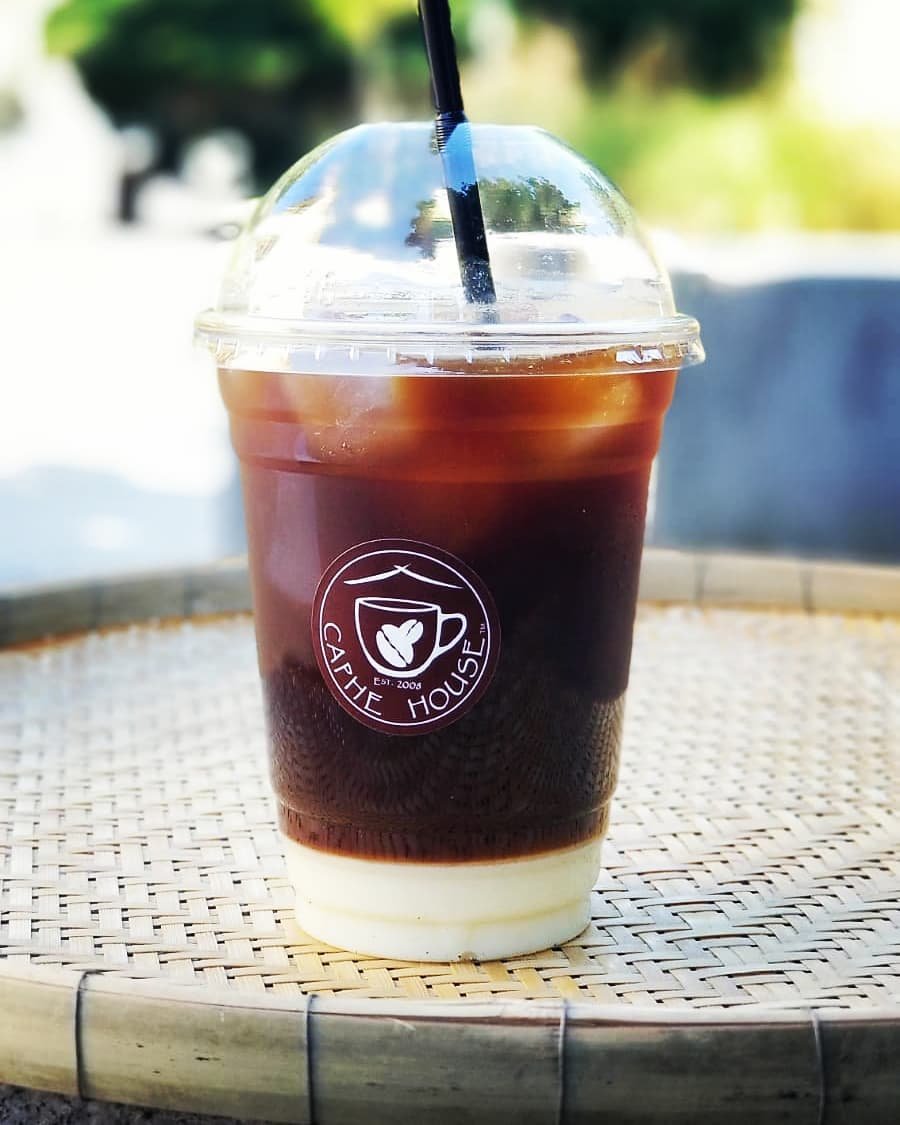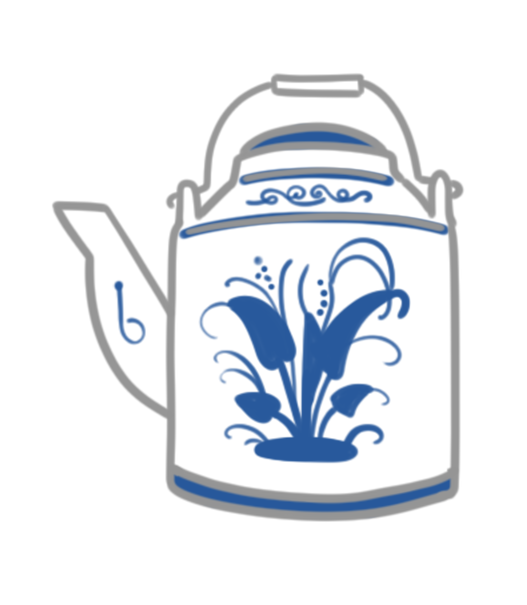Next up in our Coffee & Culture blog series is Vietnam. One of our most recent initiatives was in Hoa Trung commune, Di Linh District, Lam Dong province in Vietnam. We rebuilt the Hoa Trung Preschool in collaboration with the Costa Foundation, meaning that all students and staff now have access to onsite clean water, toilets and handwashing facilities.
Vietnamese coffee has rapidly grown in popularity globally, but what’s its history?
Vietnamese coffee is entirely different from what western countries think of coffee. In the 19th century, the French brought coffee to Vietnam. Then, after the Vietnam War, the Vietnamese government created a huge coffee program. Fast forward to now, Vietnam is the second largest coffee producer in the world.
Just like any coffee-producing country, Vietnam has its bean, which is called Robusta. Robusta has a thicker brew and a robust and distinct taste. The coffee is twice as strong in caffeine as other coffees, with a lingering acidity taste.
Vietnamese coffee can be found everywhere in Vietnam, from street vendors to coffee shops to high-end restaurants. Regardless of setting, the ritual tends to stay the same.
The ritual starts with a pot. For the Vietnamese, coffee is traditionally brewed in individual or multiple portions using a phin. A phin is a drip coffee brewer similar to a French press. The nique coffee pot consists of a cup, a filter chamber, and a lid that can be used as a container to catch the dripping coffee. The phin uses metal filters that allow finely ground coffee to brew slowly in the pot. Vietnamese coffee is incredibly strong and is usually iced. The iced coffee is then mixed with sweetened condensed milk.
The left is a Vietnamese iced coffee from Caphe House and the right is an illustration of a traditional Vietnamese coffee vessel by artist Marco Cosentino.
The coffee ritual is slow and peaceful. There is an art in picking a time, setting up, brewing the coffee, and finally, sitting down to enjoy it. The entire process is unrushed, which forces the drinker to slow down and appreciate the flavour of the fresh coffee. Vietnamese people drink coffee all day, every day. It doesn't matter if it's morning, noon, or night. As part of their culture, coffee is a drink to be enjoyed and savoured. Vietnamese coffee is not only an extension of the country's culture but an extension of the Vietnamese people.



